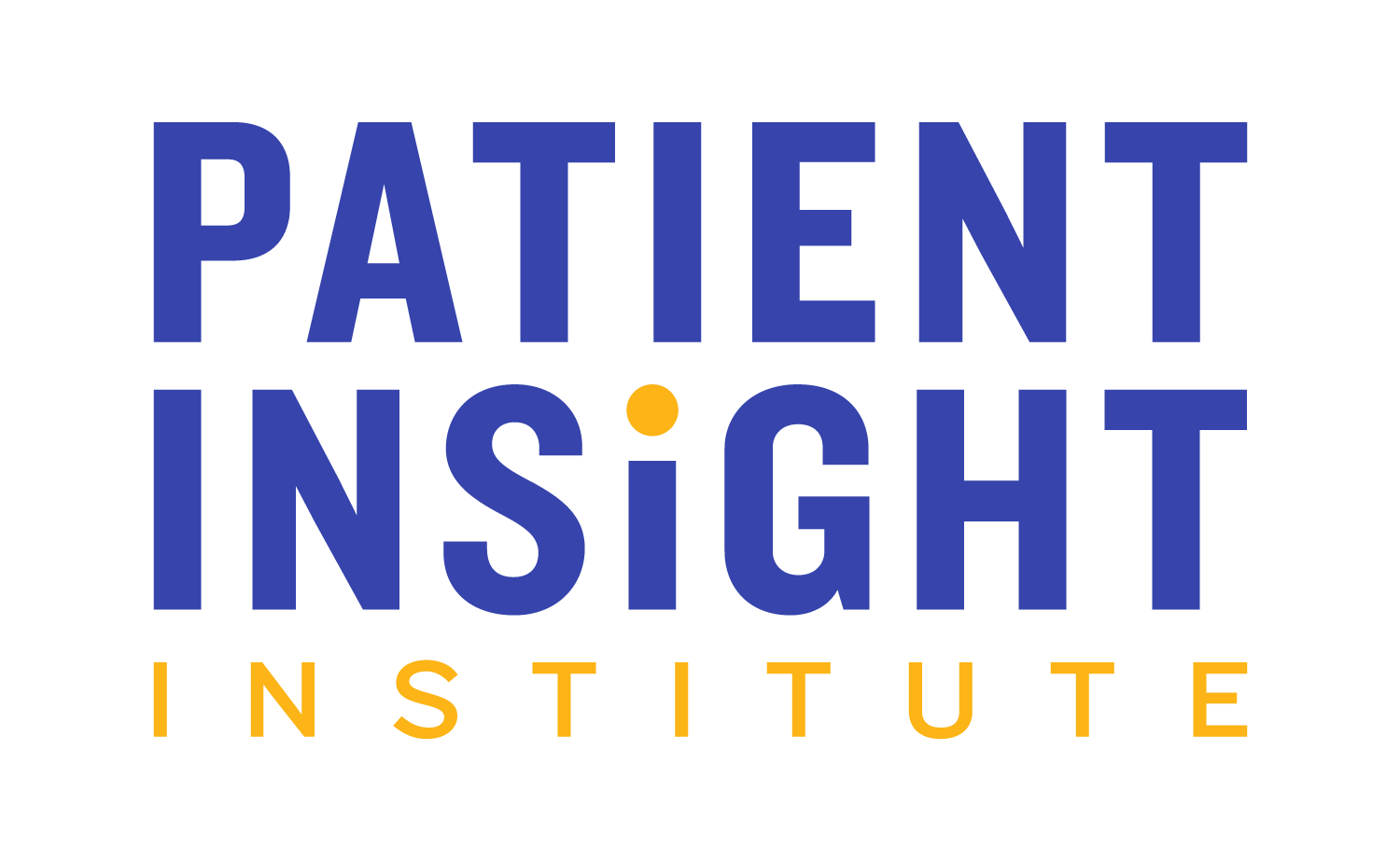Financial Navigation: The Missing Piece in Cancer Care
When you or a loved one is diagnosed with cancer, medical decisions are only part of the challenge. For many families, financial stress becomes an overwhelming and unexpected barrier. At the Michigan Oncology Quality Consortium (MOQC), we believe that addressing financial concerns is a vital part of helping patients heal.
Financial navigation is the process of proactively helping patients understand their insurance, explore assistance programs, and plan for out-of-pocket costs. It’s a practical way to reduce what’s known as financial toxicity, the emotional and physical strain that financial pressure can place on patients and caregivers.
To support this effort, MOQC launched a Financial Navigation Workgroup, led by project managers Natalia Simon and Vanessa Aron, and supported by members of the Patient & Caregiver Quality Council (POQC) Tracey Cargill-Smith, Tammy Cedo, Joan Gargaro, and Mike Harrison. The workgroup includes individuals with lived experience as patients and caregivers, who bring valuable insight into what patients truly need during cancer treatment.
“It’s not just about bills; it’s about being able to focus on treatment without fear or distraction,” says Tammy.
While some oncology practices have financial navigators on staff, many do not. MOQC continues to advocate for expanding this critical role across Michigan. In partnership with Michigan Department of Health and Human Services (MDHHS), MOQC launched a financial navigation training program in 2025, educating 36 practice members across three cohorts. The training focused on six core interventions essential to effective financial navigation, including patient assistance programs, co-pay support, Medicaid and ACA enrollment, Medicare components, and safety net programs. Tools like cancerhelp.moqc.org also connect patients with helpful resources.
“Even if your practice doesn’t have a financial navigator, someone on your care team can (and should) help guide you,” says Tracey. “It could be a social worker, pharmacist, nurse, or even an insurance representative.”
Ultimately, financial navigation is about making sure that every patient has access to support, regardless of their insurance status, income, or background. When patients are less burdened by financial stress, they are better able to stay on track with treatment and focus on what matters most: healing. “If we care about outcomes, we have to care about costs too,” adds Joan.
MOQC and the POQC Financial Navigation Workgroup are proud to help practices across Michigan build systems that support their patients from all angles.
“Patients shouldn’t have to delay or skip treatment because they can’t afford it,” says Mike Harrison. “Financial navigation helps prevent that, and that’s something we should all care about.”


